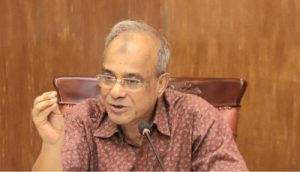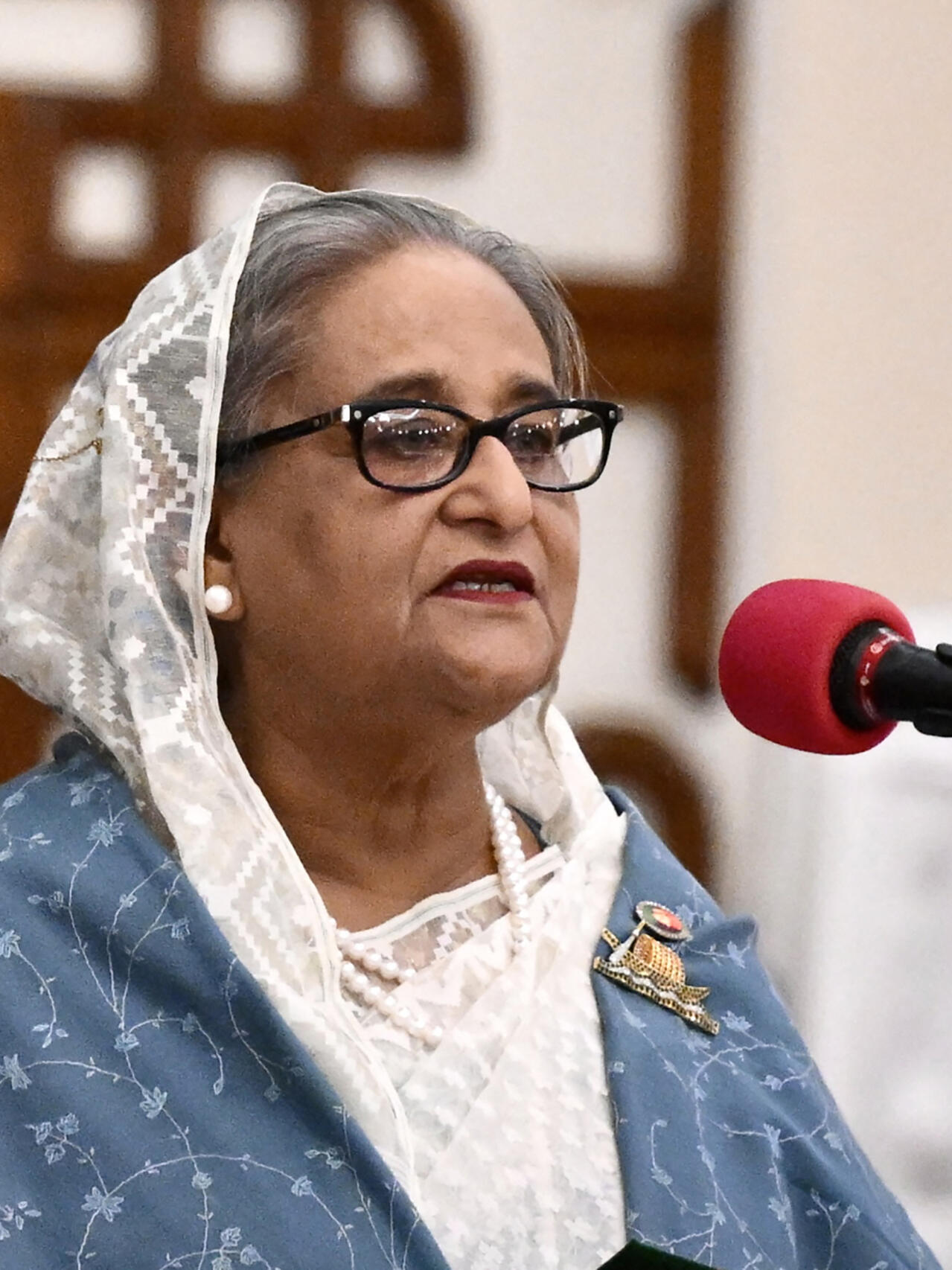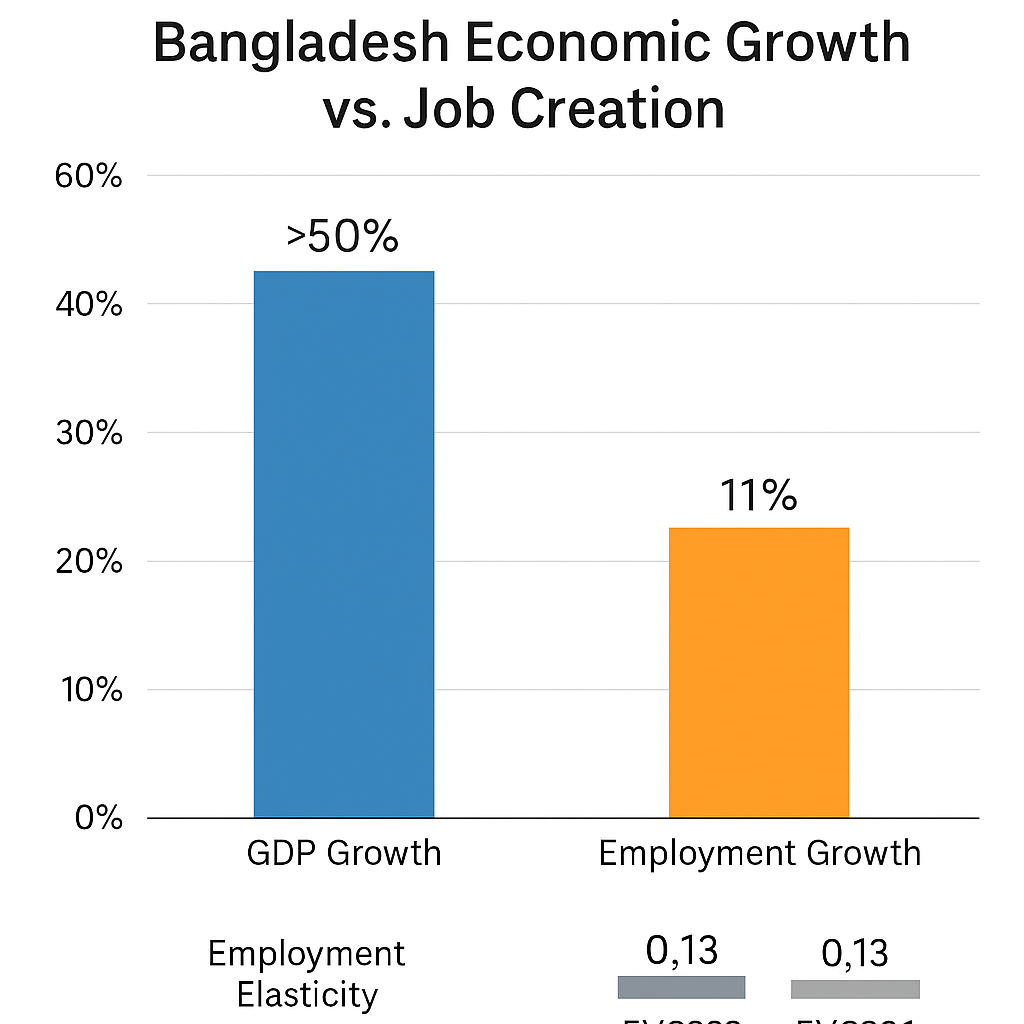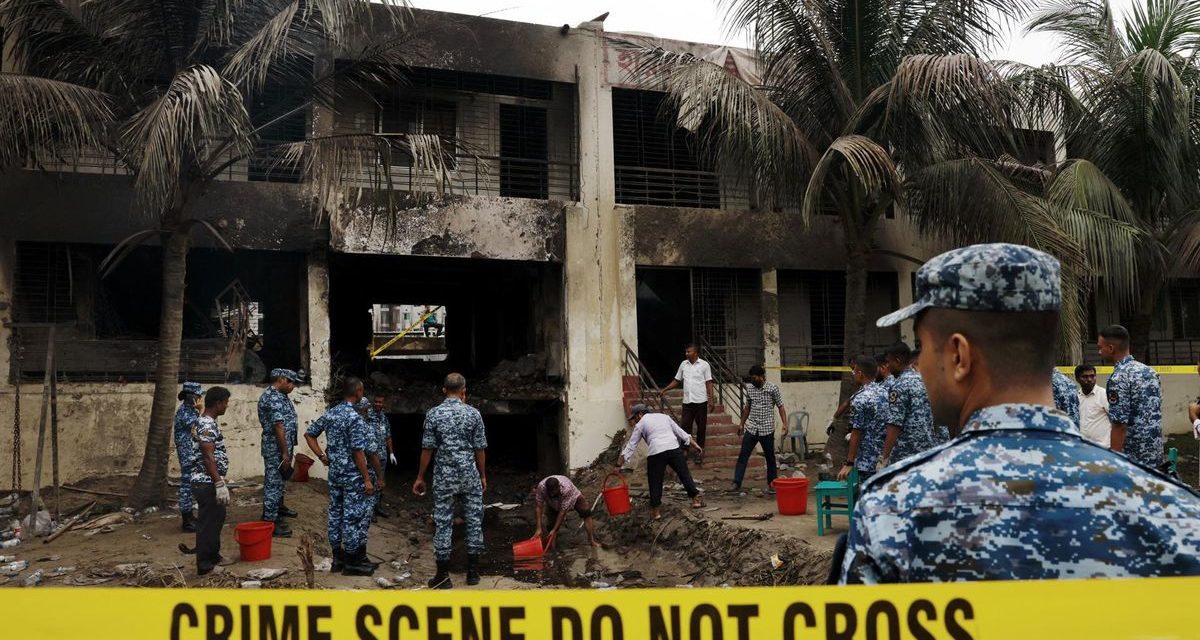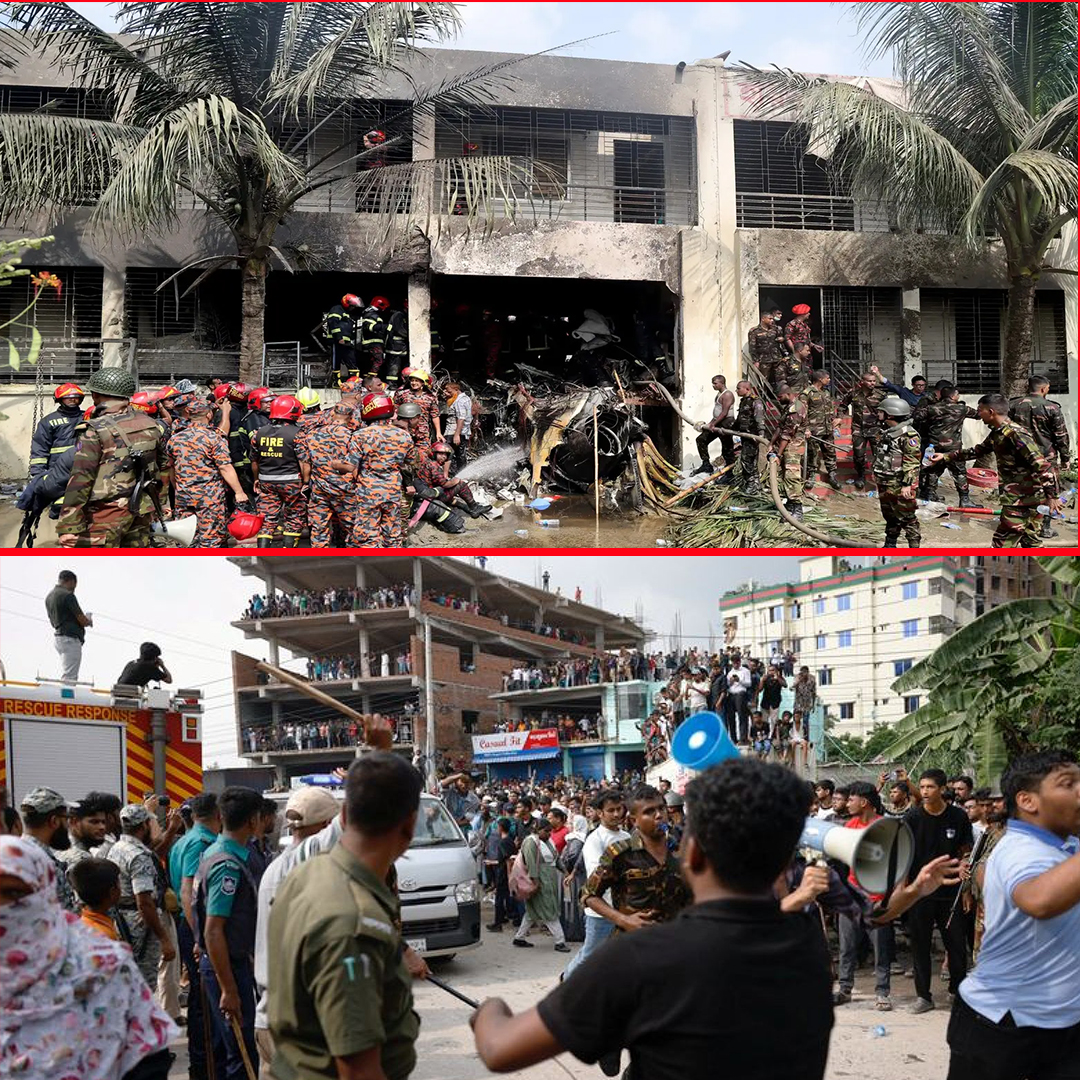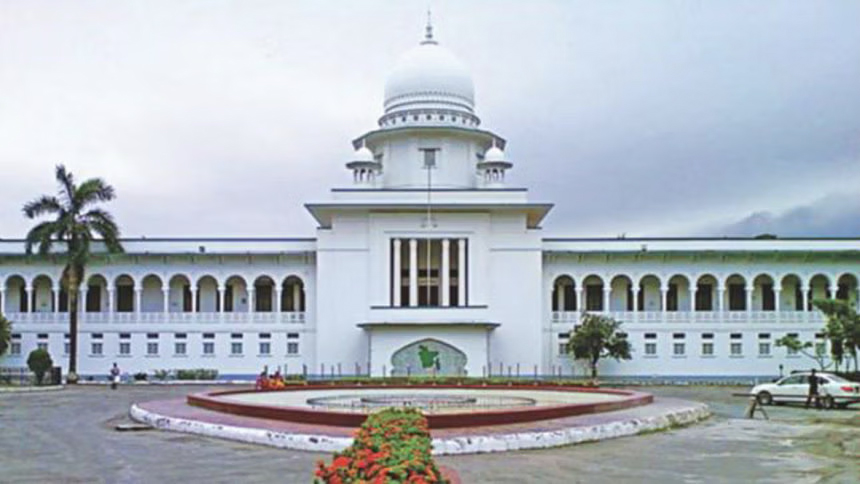
Comprehensive Security Preparations
Adviser Chowdhury outlined a multi‑tiered security framework tailored to both urban and rural constituencies. He revealed that:
-
Mapping & Deployment Plans: Each of the 300 parliamentary constituencies has been assessed for risk factors—ranging from past violence hotspots to logistical constraints. Security maps have been finalized, detailing troop strengths, rapid‑response units, and emergency evacuation routes .
-
Simulation Exercises: “We have conducted large‑scale mock drills involving crowd‑control scenarios, VIP convoy escorts, and simulated attacks on polling stations,” Chowdhury said on his visit to RAB‑1 Headquarters in Uttara. These exercises tested inter‑agency communication protocols and real‑time decision‑making under stress.
-
Specialized Strike Teams: In addition to conventional patrols, counter‑terrorism squads and K9 units will be on standby to respond to any extremist or organized‑crime threats. Adviser Chowdhury noted that intelligence sharing between NSI, DB, and RAB has been streamlined to ensure actionable, cross‑border information reaches field commanders immediately .
Moreover, the Home Adviser assured that border security forces are on alert to prevent any illegal entry of agitators or arms. “Our coordination with the Border Guard Bangladesh (BGB) and Coast Guard is continuous,” he added, citing recent successes in intercepting contraband intended to fund anti‑election violence.
Balancing Security and Civil Liberties
While underscoring preparedness, Adviser Chowdhury stressed a people‑centric policing philosophy. “If you equate being active with beating people—as some might recall from past decades—that is not the modern, human‑friendly force we envision,” he cautioned . To that end:
-
Minimal Use of Force: Clear standing orders prohibit unnecessary baton charges or mass arrests. All field officers have been retrained on de‑escalation techniques and defendant rights under Bangladesh law.
-
Transparent Complaint Mechanisms: A 24/7 hotline and mobile app will allow citizens to report misconduct or security concerns anonymously. Daily reports from district police chiefs will be posted on the Home Ministry’s website to maintain public trust.
-
Observer & Media Access: Recognizing the role of civil society and press freedoms, designated media‑interaction zones will be set up at all district election offices. International observers and local NGOs will have unimpeded access to polling sites for real‑time monitoring.
Human‑rights groups, however, have urged vigilance. In a recent statement, Amnesty International Bangladesh reminded authorities that “security cannot come at the expense of voter intimidation or suppression” and called for strict adherence to legal safeguards . The Police Reform Commission’s new guidelines—approved in May 2025—also mandate periodic reviews of election‑time conduct, ensuring officers who violate procedures face immediate disciplinary action.
Looking Ahead: Challenges & Expectations
As preparations conclude, several key challenges remain:
-
Managing Political Rallies: With campaign season likely to last up to eight months, authorities must balance the right to assembly with public safety. Adviser Chowdhury acknowledged that “minor incidents will occur—crowd surges, traffic disruptions—but our job is to keep them from escalating”.
-
Cybersecurity Threats: The EC’s electronic voter database and result‑transmission networks are potential targets. Coordination with the Bangladesh Computer Council and CERT‑BD aims to preempt hacking attempts and ensure data integrity—vital to public confidence .
-
Migrant & Border Concerns: “Bangladeshi nationals currently in India should return through legal channels,” Chowdhury advised, while warning that “undocumented foreigners boarding into our systems will be repatriated” . This underscores the broader law‑and‑order remit intersecting with voter eligibility.
Despite these hurdles, the Home Adviser’s message was clear: “We stand ready. When the Election Commission signals go, our forces will be in position.” With robust plans, cross‑agency synergy, and renewed emphasis on civil liberties, Bangladesh’s law enforcement community aims to deliver an election that is not only secure but also seen to be fair and transparent.

